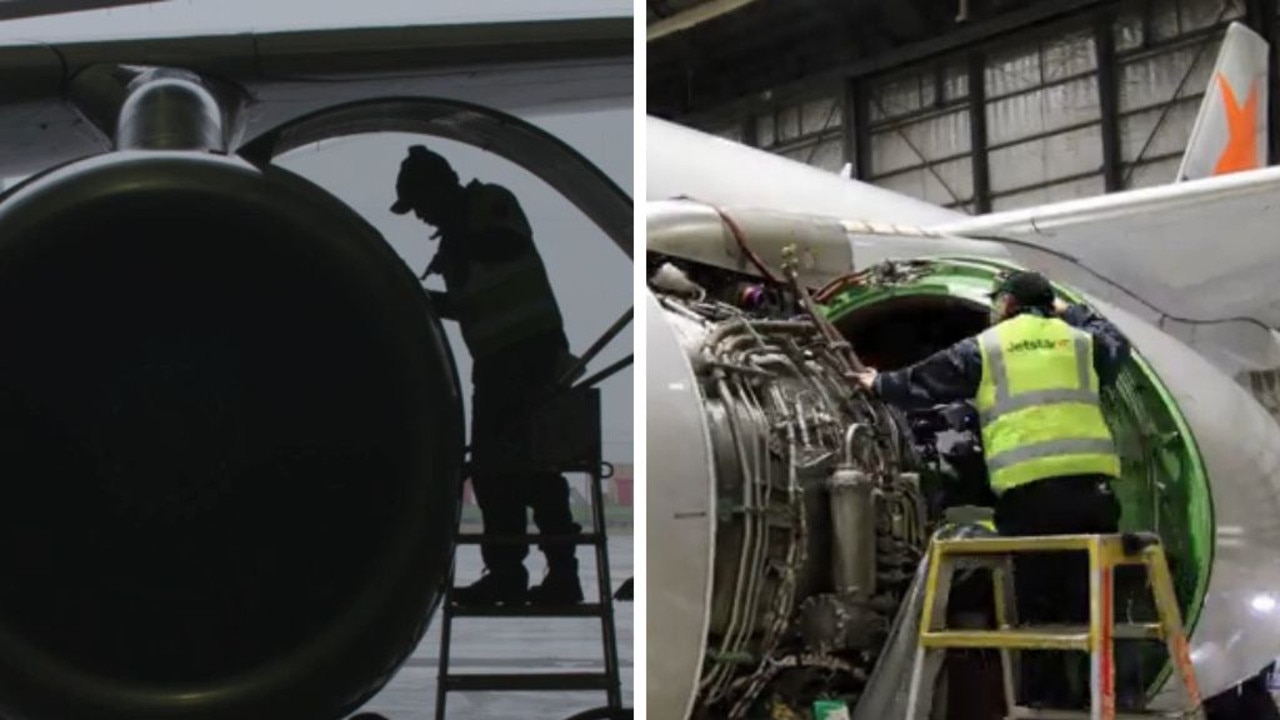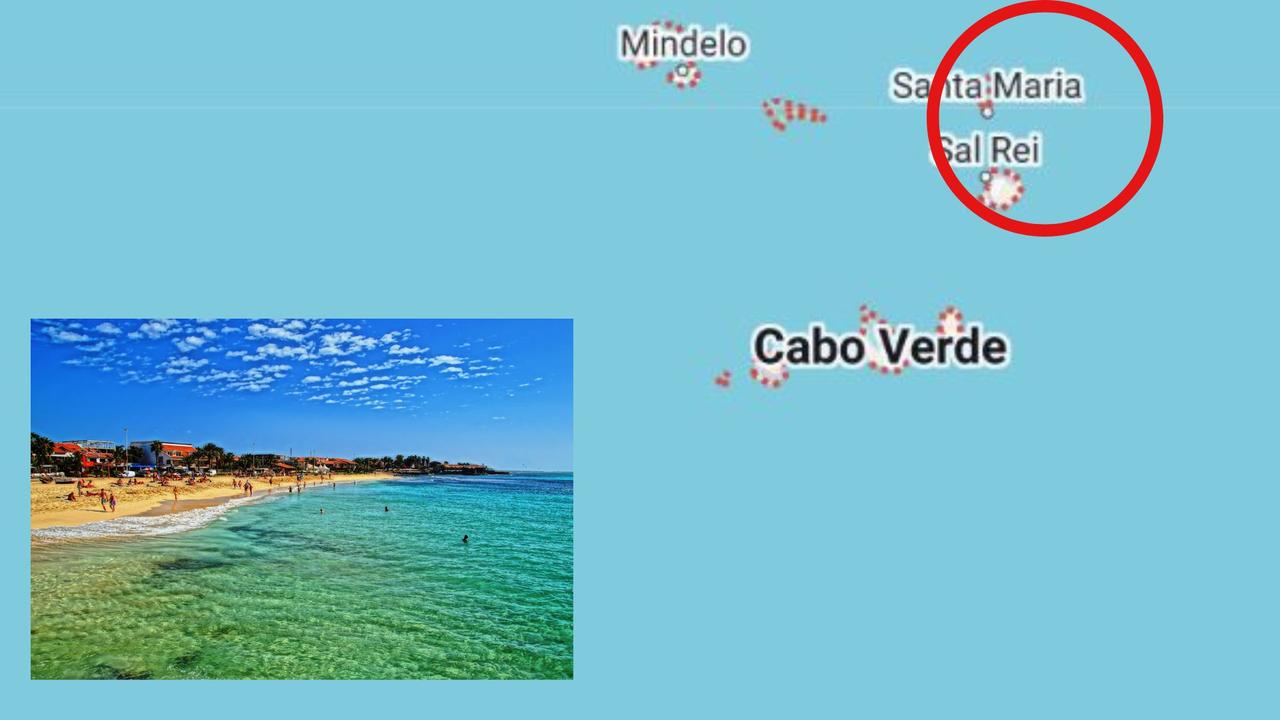Australians urged to leave Ukraine as fears mount over Ukraine crisis, world prepares
Australia’s foreign ministry has urged citizens not to travel to Ukraine as the world prepares for a potential Russian invasion.
Australia’s foreign ministry has advised citizens not to travel to Ukraine, directing dependants of Australian embassy staff in Kiev to leave the country.
In a late night change on Monday, the federal government updated its advice, telling all Australians to leave Ukraine now and not to travel to the country amid “the risk of armed conflict” with Russia. It’s overall advice has now been raised to “do not travel”.
As a contingency measure in response to ongoing security concerns in Ukraine, @DFAT has opened a registration portal for Australians in Ukraine to register their contact details & whereabouts. Please also follow @Smartraveller for the latest travel advice: https://t.co/A9yQUci1tK
— Bruce Edwards 🇦🇺🇺🇦🇲🇩 (@AUinUA) January 21, 2022
“The Australian Government has directed the departure of dependants of Australian Embassy staff from Kiev,” the Smart Traveller website reads.
“If you’re in Ukraine, you should leave now by commercial means if it’s safe to do so. Flight availability could change or be suspended at short notice.”
The government urged those affected to contact airlines or transport providers directly.
Plans are in place to evacuate Australian family members of diplomats out of the Ukrainian capital, Kiev, while a portal for Australian citizens in the country is also live.
We now advise you do not travel to #Ukraine due to the risk of armed conflict. If you're in Ukraine, you should leave now if it's safe to do so. Flight availability could change or be suspended at short notice. See https://t.co/eJTFujayFl
— Smartraveller (@Smartraveller) January 24, 2022
World prepares
NATO said Monday it was sending jets and ships to bolster its eastern European flank, as the US and EU looked to co-ordinate a tough response to Russia if it invades Ukraine.
Tensions have soared over Russia’s deployment of some 100,000 troops and heavy armour at its neighbour’s borders, despite the Kremlin’s insistence it is not planning a new incursion.
The United States and Britain were among Australia ordering diplomats’ families to leave Kiev, while France told its citizens to avoid non-essential travel to Ukraine.
But both Kiev and the European Union’s foreign policy chief said any withdrawal of diplomatic personnel appeared premature, amid doubts over how imminent any attack could be.
Stream more than 20 global & local news sources with Flash, Australia’s biggest news streaming service. New to Flash? Try 14 days free >
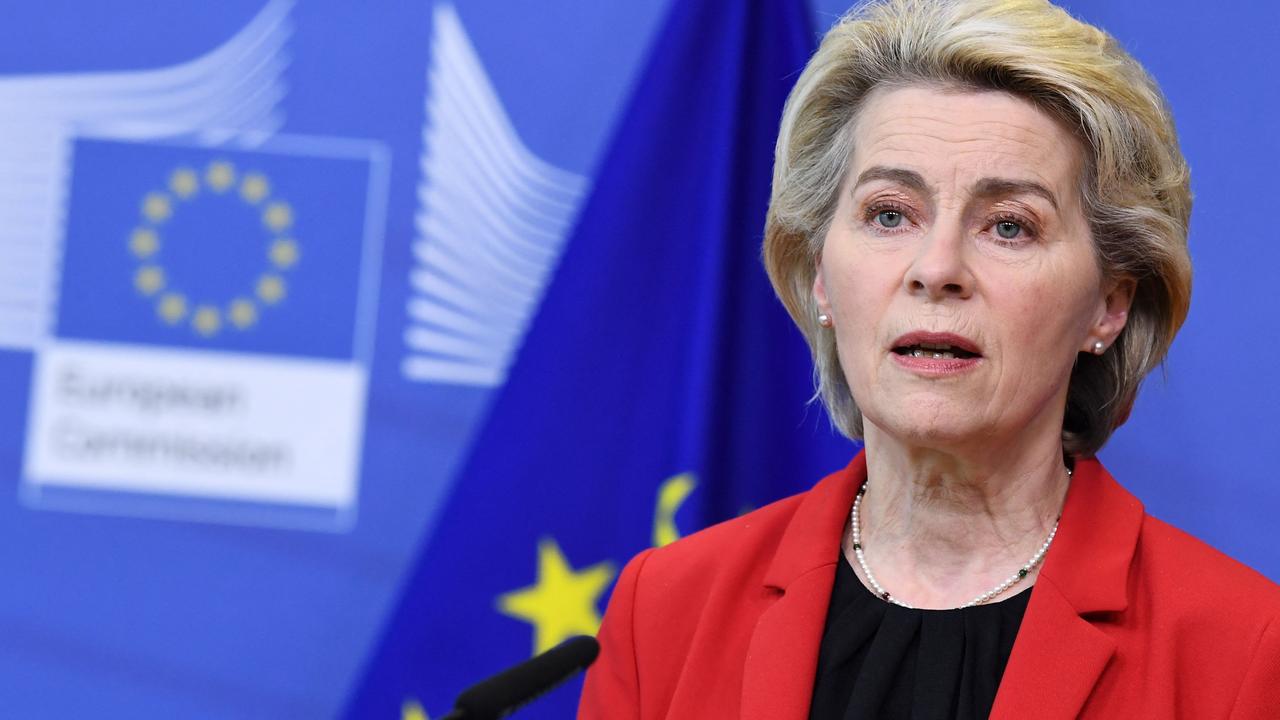
Top US diplomat Antony Blinken was to dial in to a meeting of EU counterparts in Brussels to brief them on his meeting Friday with Russian Foreign Minister Sergei Lavrov, where the two sides failed to make a breakthrough but agreed to keep talking.
The US is trying to marshal its allies to prepare an unprecedented package of sanctions for Moscow if its sends in more of its forces — and European Union members insist they could hit the Kremlin with “massive consequences” within days if needed.
The US-led NATO alliance said its members were placing troops “on standby” and sending ships and jets to bolster eastern Europe’s defences in response to the Russian build-up, pointing to recent decisions by Denmark, Spain and the Netherlands to mobilise forces.
“NATO will continue to take all necessary measures to protect and defend all allies,” NATO chief Jens Stoltenberg said.
Allies are sending more ships & jets to enhance #NATO defensive deployments in eastern Europe. A strong sign of allied solidarity.
— Oana Lungescu (@NATOpress) January 24, 2022
Offers include:
🇩🇰 F-16 jets to Lithuania
🇫🇷 troops to Romania
🇳🇱 F-35 jets to Bulgaria
🇪🇸 frigate heading to the Black Seahttps://t.co/2GnJKupEA9pic.twitter.com/UvsRXpkvLT
The Kremlin accused the alliance of ramping up tensions through “information hysteria” and “concrete actions”, adding that the risk of an offensive by Ukrainian troops against pro-Russia separatists was “very high.”
EU foreign ministers will sound out Blinken over a written response Washington has committed to provide to Moscow this week after the Kremlin laid down a series of security demands that would stop Ukraine joining NATO and roll back the alliance’s forces in eastern Europe.
The EU’s foreign policy chief Josep Borrell said the bloc has as yet no plans to pull diplomatic personnel out of Kiev, adding there was no need to “dramatise” the situation while talks with Russia continued.
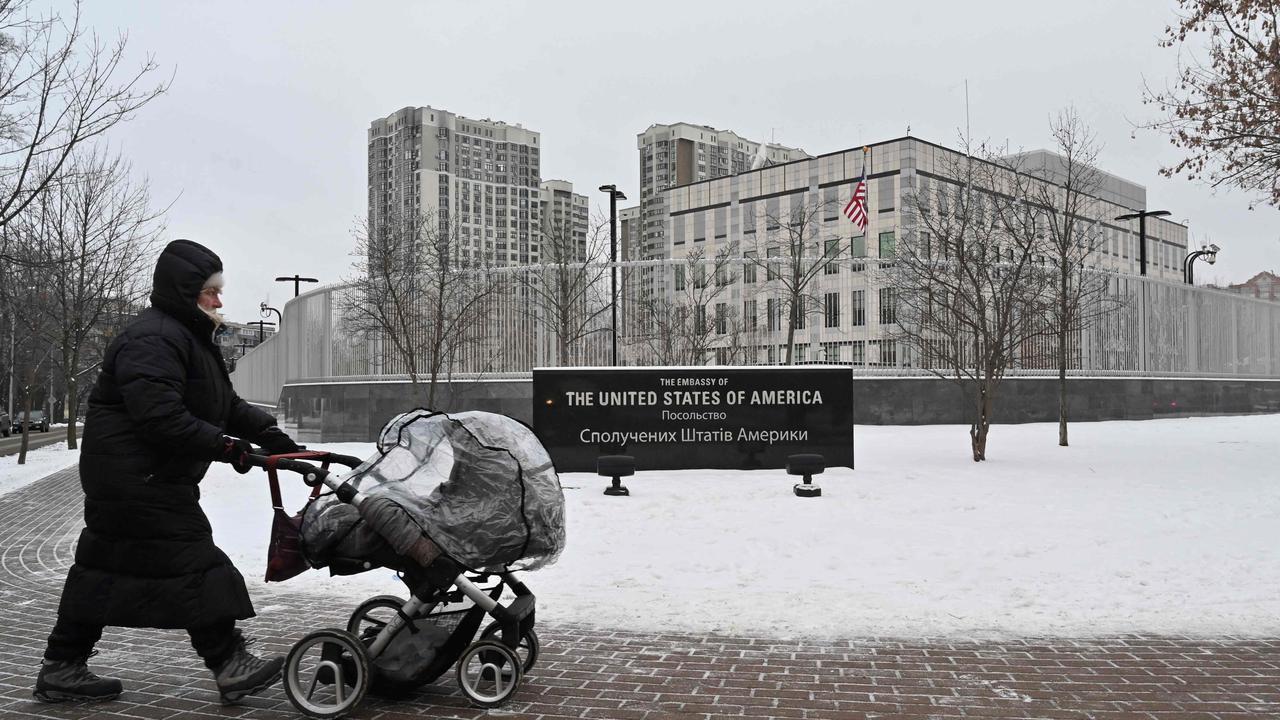
‘Never seen before’
The EU — in consultation with the US and other allies — is pushing to put together a package of sanctions against Moscow that it hopes will help deter Russia from any military action.
Foreign ministers are not expected to give approval to any options for sanctions on Monday, but an EU source said Russia’s mammoth oil and gas supplies to Europe could be targeted.
“There’s no doubt we are ready to react forcefully with comprehensive sanctions — never seen before,” Danish Foreign Minister Denmark FM Jeppe Kofod said.
The 27-nation bloc faces a complex task compiling its raft of measures as its members have starkly differing approaches and ties to Russia.
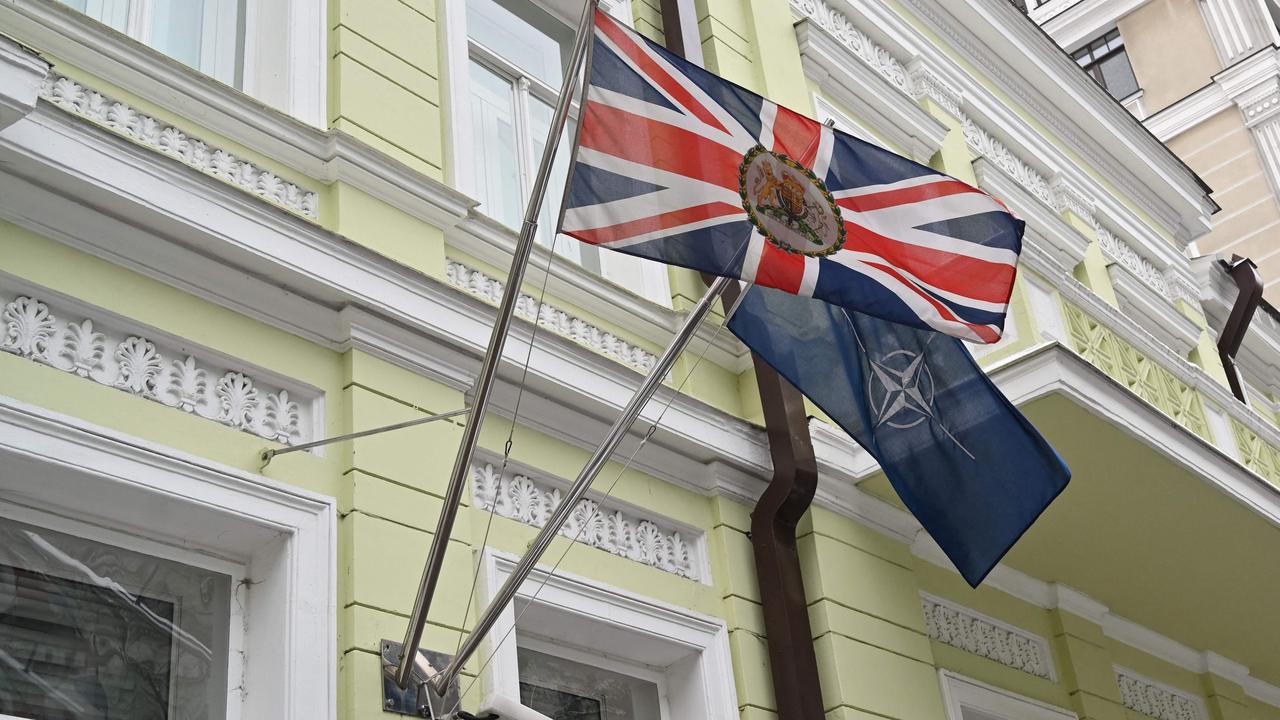
The new government in economic powerhouse Germany has faced criticism from Kiev over its refusal to send arms to Ukraine and hesitation over calls to cut Moscow from the global SWIFT payment system.
German Foreign Minister Annalena Baerbock insisted any further aggression from Moscow would get a “clear response” from Europe and talked up economic support Berlin gives Kiev.
European Commission chief Ursula von der Leyen said the bloc was preparing a 1.2-billion-euro emergency financial aid package for Ukraine.
The EU stands by Ukraine. We are firm in our resolve.
— Ursula von der Leyen (@vonderleyen) January 24, 2022
I am announcing a new financial assistance package, made of emergency loans and grants, to support Ukraine in the medium and long-term. https://t.co/0PfKt4wtKP
Britain, which left the EU at the end of 2020, ramped up the rhetoric with Moscow over the weekend by alleging it had information the Kremlin was seeking to install a “pro-Russian” leader in Kiev.
And on Monday, Prime Minister Boris Johnson warned Russia an invasion could prove to be a “new Chechnya” — referring to Moscow’s bloody conflict in the 1990s over the territory.
More Coverage
Non-NATO member Ireland sounded the alarm over upcoming Russian military exercises off its southwest coast in the international waters of the Atlantic.
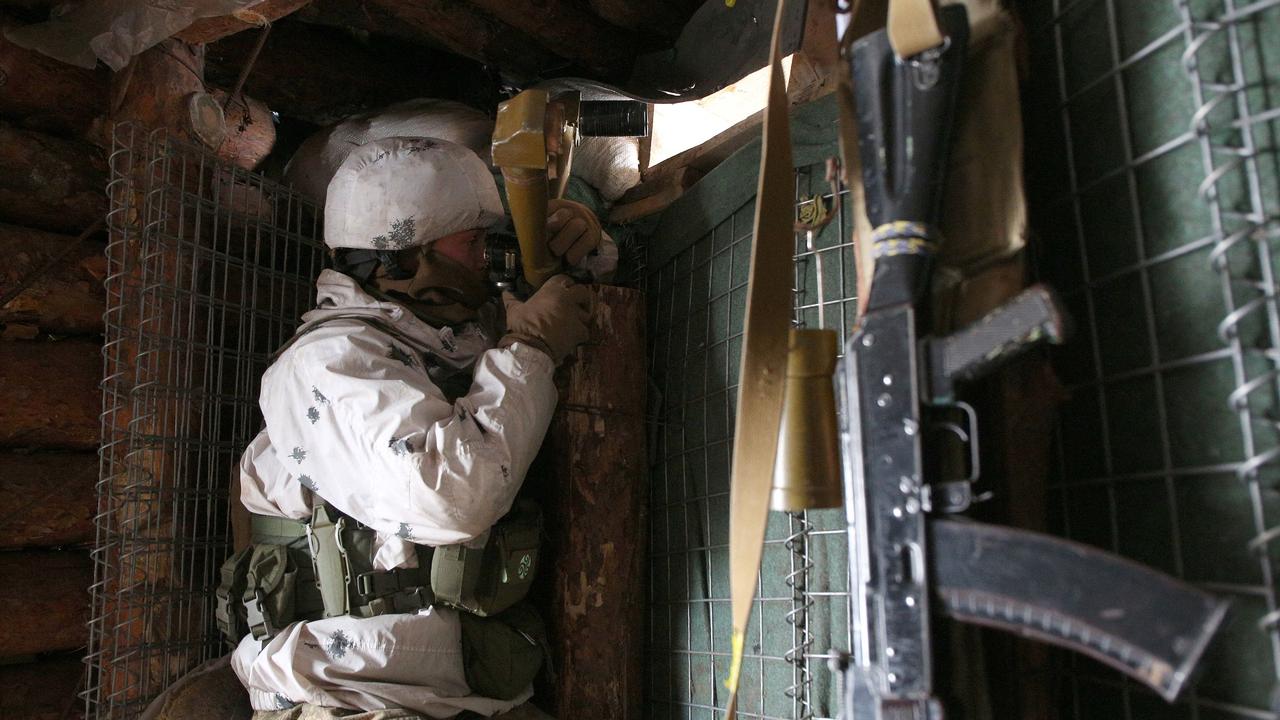
The current fears of a Russian invasion follow Moscow’s 2014 annexation of Crimea from Ukraine.
Kiev is already fighting a low-level conflict with Russian-backed rebels controlling a chunk of the east of the country that has claimed 13,000 lives in the past eight years.


